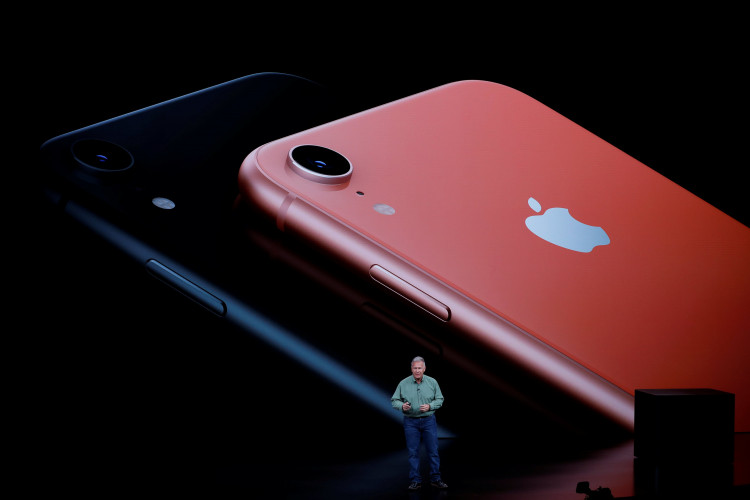A Chinese court released a ruling that older iPhone models are to be banned in China's market after they have proven that Apple infringed two patents of Qualcomm Inc. a preliminary injunction was issued mandating Apple to stop selling the IPhone6S, the iPhone 6S Plus, the iPhone 7, the iPhone 7 Plus, the iPhone 8, the iPhone 8 Plus, and the iPhone X in China. The latest models iPhone models like the Xs, the XS Max, and the XR are not included in the ban.
Apple released a statement that they will continue selling the phones in the in the country regardless of the ruling. Josh Rosenstock, Apple's spokesperson, said that Qualcomm's effort to ban their products is a desperate move by a company whose illegal practices are under investigation by regulators around the world. He added that during the case, they were challenged by Qualcomm Three patents which were never raised before. He also indicated that one of the patents was already invalidated before.
The company continued selling their products last Monday. Banned models are still advertised on its website after the ruling. The company's stock fell by 1 percent on Monday while Qualcomm's increased by 2.2 percent. It is currently experiencing a slowdown in sales. Apple's share price dropped by 25 percent since they last released the company's quarterly results on Nov. 1. The ruling also added to the list of factors that have intensified trade tensions between the United States and China.
According to Tom Forte, an Apple analyst at D.A. Davidson, negative keeps hitting the company. He noted that the Chinese ruling is not something to worry about since it only affects their older smartphones and the issue could still be resolved.
The iPhones are still possible to be marketed if they will on new software. However, Don Rosenberg, Qualcomm's executive vice president, and general counsel said that the ruling did not specify the phone's software. He said that he will ask the courts to enforce the ban.
Rosenberg claims that Apple continues to benefit from Qualcomm's intellectual property while refusing to compensate the company.
Qualcomm filed a series of a patent lawsuit against Apple in other countries. The company supplies communication chips to the smartphone giant in its older phone models. The suits against Apple in 2017 after they challenged Qualcomm's patent license practice.





